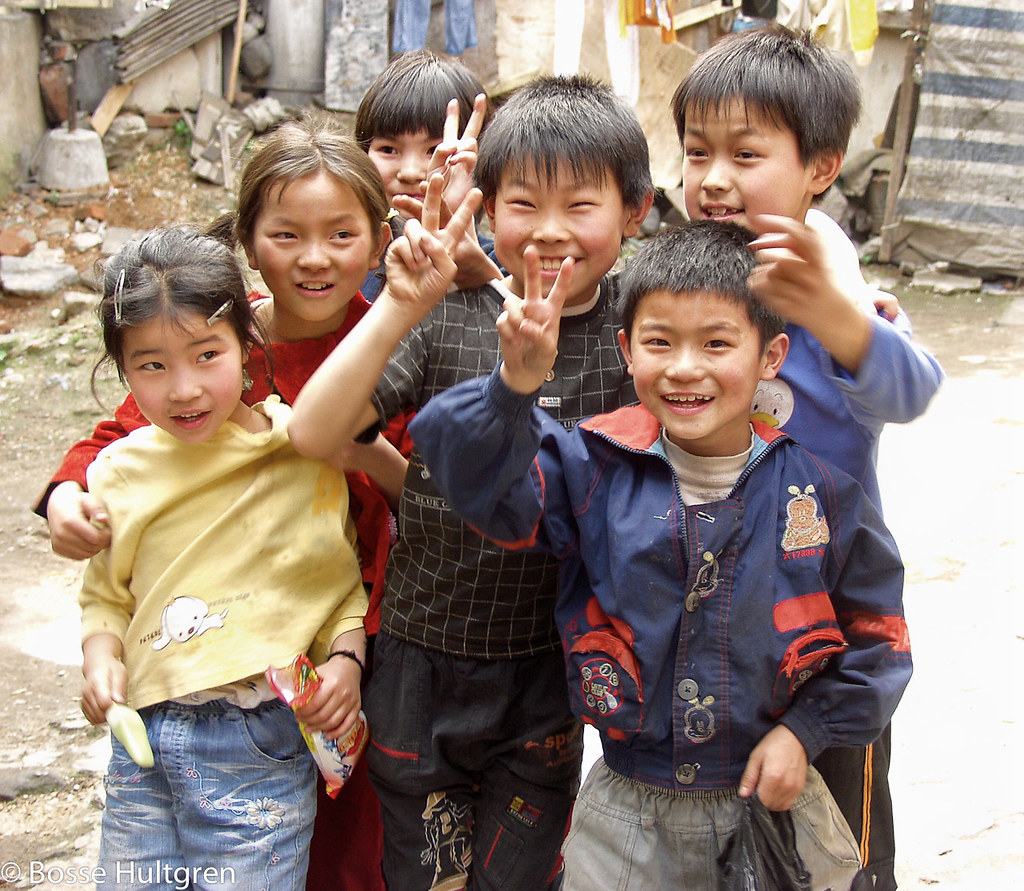A Path to Better Education For Children With Disabilities In China

China, one of the most populated countries in the world, is home to many children with special needs. According to statistics from China Disabled Persons’ Federation, there are 80 million people with various disabilities living in China today, constituting six percent of the total population.
More than one million babies are born with birth defects annually and a baby is born with a disability every 30 seconds in China. To aid these children, various organizations are fighting to improve how children with disabilities in China can receive an education.
Regulations of Education of Persons with Disabilities
In 2017, Human Rights Watch reported that the Chinese government released an updated Regulations of Education of Persons with Disabilities to replace the out-of-date 1994 regulations.
According to the Watch’s report, the regulations mandated local governments to plan and fund resources to the education of people with disabilities as an encouragement to enhance education for children with disabilities in China. The Watch further reported that the regulation examined teacher training, evaluation and required schools to develop individualized educational plans for students with a disability.
Human Rights Watch stressed that it is vital to identify and remove barriers to learning and changing practices in schools. The nonprofit further reported that it is essential to provide reasonable accommodations that meet the individual needs of each student, including those with disabilities.
The Watch defines reasonable accommodation in the Convention on the Rights of Persons with Disabilities as “necessary and appropriate modification and adjustments not imposing a disproportionate or undue burden.” In this aspect, children with disabilities in China can receive such accommodations, if they so require.
Community-Based Day Care Centers for Children with Disabilities in China
UNICEF works with the China Disabled Persons’ Federation to expand access to necessary social services for children with disabilities. According to UNICEF, they developed a model for community-based day care centers.
The centers meet the social service needs of children with disabilities in China and help parents cope with the additional childcare responsibilities, according to UNICEF. At these centers, UNICEF reports that disabled children can access rehabilitation services and participate in sports, games and activities fulfilling education and awareness-raising purposes.
In addition, UNICEF assists with annual surveys that gather data for policy recommendations to improve the lives of the families and children with disabilities in China. The rise in enrollment reflects UNICEF’s efforts to support these children so they can complete the entire nine years of basic education in China.
Learning in Regular Classrooms
According to the World Bank, the educational policy for children with disabilities in China is unique in that it admits several disabled children with specific educational needs into regular schools. The World Bank reported that in China, this method of special education is referred to as “Learning in Regular Classrooms”(LRC).
In LRC practice, the World Bank reported that resource rooms allow students with specific educational needs to study in regular classroom environments. The rooms mimic regular classrooms but supply additional resources for children with specific educational needs, such as extra teaching equipment and accommodations, textbook resources and aides.
International China Concern
International China Concern (ICC), was founded in 1993 by David Gotts after witnessing firsthand the suffering of abandoned Chinese children with disabilities in desperate conditions. ICC seeks to empower and train local staff to save lives, support families, transform communities and change public attitudes towards children with disabilities in China. According to ICC, the organization’s reputation and relationships in China place it in an excellent position to aid through family-style group homes and provide specialist services for the neediest children.
Michele Harris, Board Chair of USA Office at China Concern, voiced her outlook on the foundation’s success.
“I am inspired by ICC’s ability to sow the seeds of regard within the children and young adults they love and care for, the welfare officials they respect and work beside, and the caregivers they train and mentor. We must feel pride in their accomplishments and see every individual as a unique and powerful piece of God’s image.”
According to a newsletter by American Friends of ICC, students like 12-year-old Suisui are determined to overcome their obstacles, in his case, cerebral palsy.
The newsletter highlights that while some students might complain about school, Suisui not only attends with delight but he wheels himself to class 30 minutes each way. The article reflects how Suisui thoroughly enjoys going to daily classes and works hard, an embodiment of his learning potential. The newsletter attributes that Suisui can count, recognize numbers and perform simple math.
Through ICC’s Child Sponsorship Program, people can volunteer and get matched with a child and embark on a life-changing journey to transform lives.
Rights of Persons with Disabilities
To aid the fight for equal education, The World Bank has signed the United Nations Convention of the Rights of Persons with Disabilities to affirm their commitment to Sustainable Development Goal 4 (SDG4). SDG4 ensures equal access to all levels of education for persons with disabilities by 2030.
Children with disabilities in China need as many people as possible to make a difference. UNICEF provides different ways to aid and uplift those with special needs, whether it be in your area or overseas in China.
– Carolina Chavez
Photo: Creative Commons
